63423
Maltose solution
for molecular biology, BioReagent, ~20% in H2O
Synonym(s):
4-O-α-D-Glucopyranosyl-D-glucose
About This Item
Recommended Products
grade
for molecular biology
Quality Level
product line
BioReagent
form
liquid (clear)
concentration
~20% in H2O
impurities
DNases, none detected
RNases, none detected
insoluble matter, passes filter test
phosphatases, none detected
proteases, none detected
color
colorless
refractive index
n20/D 1.361
pH
4.0-6.5 (25 °C)
anion traces
chloride (Cl-): ≤25 mg/kg
sulfate (SO42-): ≤50 mg/kg
cation traces
Al: ≤1 mg/kg
As: ≤0.05 mg/kg
Ba: ≤1 mg/kg
Bi: ≤1 mg/kg
Ca: ≤20 mg/kg
Cd: ≤1 mg/kg
Co: ≤1 mg/kg
Cr: ≤1 mg/kg
Cu: ≤1 mg/kg
Fe: ≤1 mg/kg
K: ≤20 mg/kg
Li: ≤1 mg/kg
Mg: ≤10 mg/kg
Mn: ≤1 mg/kg
Mo: ≤1 mg/kg
Na: ≤20 mg/kg
Ni: ≤1 mg/kg
Pb: ≤1 mg/kg
Sr: ≤1 mg/kg
Zn: ≤1 mg/kg
λ
neat
UV absorption
λ: 260 nm Amax: 0.08
λ: 280 nm Amax: 0.07
SMILES string
OC[C@H]1O[C@H](O[C@H]2[C@H](O)[C@@H](O)C(O)O[C@@H]2CO)[C@H](O)[C@@H](O)[C@@H]1O
InChI
1S/C12H22O11/c13-1-3-5(15)6(16)9(19)12(22-3)23-10-4(2-14)21-11(20)8(18)7(10)17/h3-20H,1-2H2/t3-,4-,5-,6+,7-,8-,9-,10-,11?,12-/m1/s1
InChI key
GUBGYTABKSRVRQ-PICCSMPSSA-N
Application
Other Notes
Not finding the right product?
Try our Product Selector Tool.
Storage Class Code
10 - Combustible liquids
WGK
WGK 3
Flash Point(F)
Not applicable
Flash Point(C)
Not applicable
Personal Protective Equipment
Certificates of Analysis (COA)
Search for Certificates of Analysis (COA) by entering the products Lot/Batch Number. Lot and Batch Numbers can be found on a product’s label following the words ‘Lot’ or ‘Batch’.
Already Own This Product?
Find documentation for the products that you have recently purchased in the Document Library.
Customers Also Viewed
Our team of scientists has experience in all areas of research including Life Science, Material Science, Chemical Synthesis, Chromatography, Analytical and many others.
Contact Technical Service
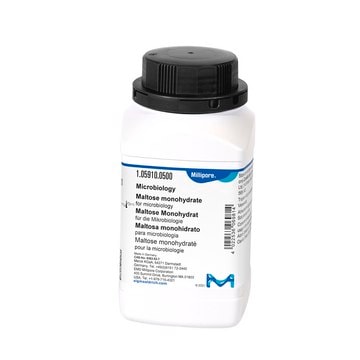
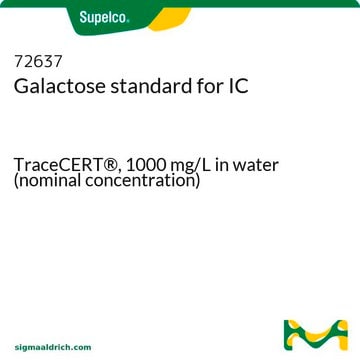
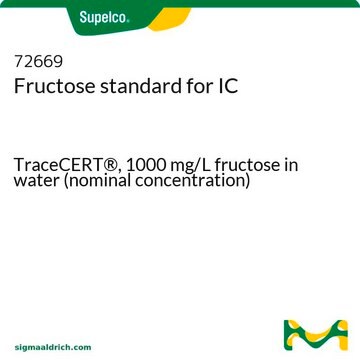


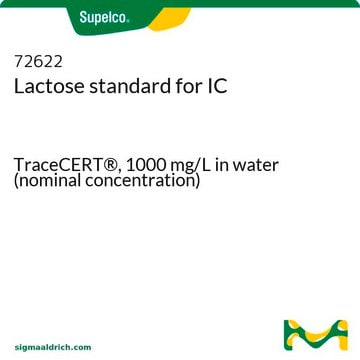
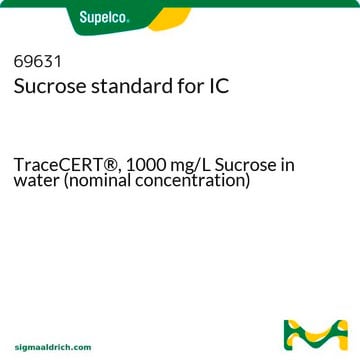
![{2-[2-(Fmoc-amino)ethoxy]ethoxy}acetic acid ≥95.0% (HPLC)](/deepweb/assets/sigmaaldrich/product/structures/368/849/e29c0aaa-6b0e-485c-bfbb-b2172afaf90e/640/e29c0aaa-6b0e-485c-bfbb-b2172afaf90e.png)